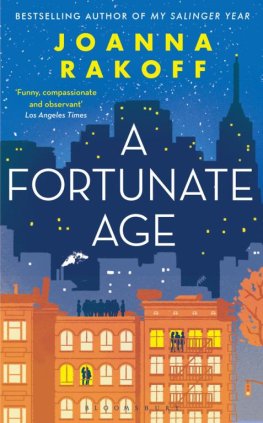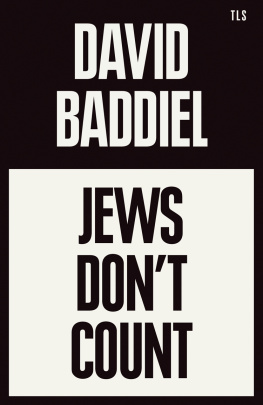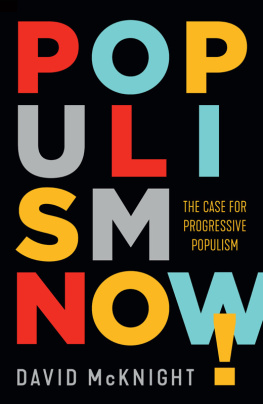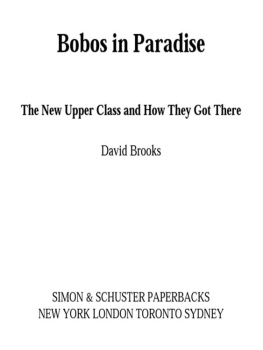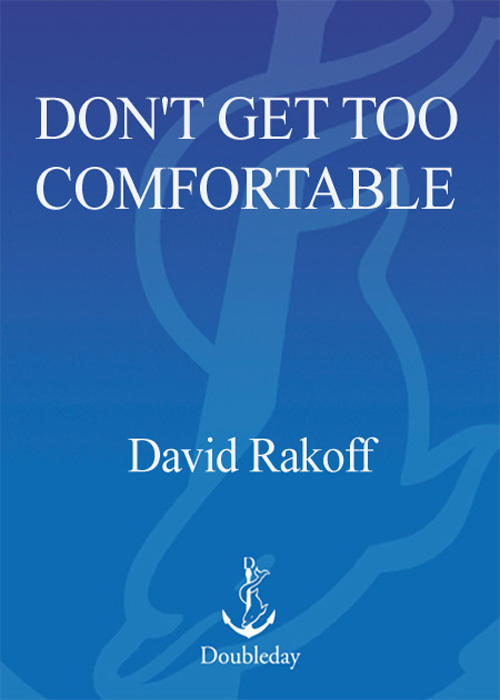
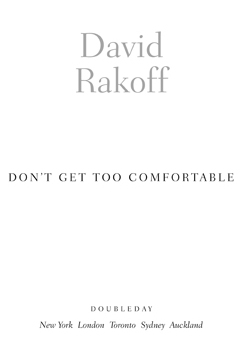
Contents
WHAT IS THE SOUND OF
ONE HAND SHOPPING?
FOR IRENE SKOLNICK
I lived in the Palace of Sans-Souci, where sorrow is not allowed to enter. In the daytime I played with my companions in the garden, and in the evening I led the dance in the Great Hall. Round the garden ran a very lofty wall, but I never cared to ask what lay beyond it, everything about me was so beautiful. My courtiers called me the Happy Prince, and happy indeed I was, if pleasure be happiness.
OSCAR WILDE, The Happy Prince
LONDON, May 9Give an infinite number of monkeys an infinite number of typewriters, the theory goes, and they will produce the complete works of Shakespeare. Give six monkeys one computer for a month, and they will make a mess. Researchers at Plymouth University in England reported this week that monkeys left alone with a computer failed to produce a single word. They pressed a lot of S's, said Mike Phillips, a researcher in the project which was paid for by the Arts Council. The researchers left a computer in the monkey enclosure at Paignton Zoo in southwest England, home to six Sulawesi crested macaques. Then they waited. Eventually, the monkeys produced only five pages of text, primarily filled with the letter S. At the end, a few A's, J's, L's and M's were struck. Another thing they were interested in was defecating and urinating all over the keyboard, Mr. Phillips added.
ASSOCIATED PRESS
LOVE IT OR LEAVE IT
G eorge W. Bush made me want to be an American. It was a need I had not known before. A desire that came over me in a rush one day, not unlike that of the pencil-necked honors student suddenly overwhelmed with the inexplicable urge to make a daily gift of his lunch money to the schoolyard tough. I have lived in the United States, first as a student then as a resident alien, under numerous other administrations, including what I once thought of as the nadir of all time: the Cajun-scented, plague-ravaged Reagan eighties in New York; horrible, black years of red fish and blue drinks. A time when greed was magically transformed from vice to virtue. And after that the even greedier nineties, when the money flowed like water and everybody's boat rose with the tide (except, of course, for those forgotten souls who had been provided not with boats but with stones, and no one told them. Oh well, tra la), and all through that time, aside from having to make sure not to get myself arrested at demonstrations, I was sufficiently satisfied with a civic life of paying taxes and the occasional protest.
But George changed all that. Even though I am not a Muslim and I come from a country that enjoys cordial relations with the United States, I no longer felt safe being here as just a lawful permanent resident. Under the cudgel-like Patriot Act, a shoot-first-ask-questions-later bit of legislation, there are residents who have been here since childhood, other folks who sired American-born children, who have found themselves deportedoften to countries of which they have almost no firsthand knowledgefor the most minor, not remotely terrorist-related infractions. Those people are never coming back, at least not during this administration. I don't want to be put out of my home, and like it or not this is my home. I have been here longer than I haven't. After twenty-two years, it seemed a little bit coy to still be playing the Canadian card. I felt like the butt of that old joke about the proper lady who, when asked if she would have sex with a strange man for a million dollars, allows that yes she would do it. But when asked if she would do the same thing for a can of Schlitz and a plastic sleeve of beer nuts, reels back with an affronted, What do you think I am? to which the response is, Madam, we have already established what you are. Now we're just quibbling about the price. Becoming a citizen merely names a state of affairs already in place for a long time.
Even so, once I reach my decision, I don't make my intentions widely known. I tell almost no one, especially no one in Canada. You can only know this if you grew up in a country directly adjacent to a globally dominating, culturally obliterating economic behemoth, but becoming an American feels like some kind of defeat. Another one bites the dust.
THE NATURALIZATION APPLICATION can be downloaded directly from the government's website. It is ten pages long but can be filled out over the course of an industrious day or two. It takes me four months and one week. I got delayed twice, although not by the usual pitfalls of questions requiring a lot of documentation from over a long period. I have no problem, for example, with Part 7, Section C, in which I have to account for every trip I have taken out of the United States of more than twenty-four-hours' duration for the last ten years, including every weekend jaunt to Canada to see the family. I have kept every datebook I have ever owned. I pore over a decade's worth of pages and list all of my travels from most recent backward. I create a table with columns, listing exact dates of departure and return, plus my destination. It is a document of such surpassing beauty, it is virtually scented. Not since I threaded puffy orange yarn through the punched holes of my fourth-grade book reports have I so shamelessly tried to placate authority with meaningless externals.
No, my first hang-up occurs at Part 10, Section G, question 33: Are you a male who lived in the United States at any time between your 18th and 26th birthdays in any status except as a lawful nonimmigrant? I make my living with words and yet I cannot for the life of me begin to parse this question with its imbedded double negatives and hypotheticals. How are any nonnative speakers managing to become citizens, I wonder? Part of my clouded judgment is due to fear. I don't want to piss them off, and I am worried that a wrong answer will immediately feed my name into some database for a wiretap, a tax audit, or an automatic years-long misplacement of my application; some casual gratuitous harassment that a thuggish administration might decide to visit upon someone they identified as a troublemaker. I spend an entire afternoon trying to map the grammar and come away with nothing but a headache and no idea. This is in early March. I put the form away in my drawer and forget about it, my dreams of inalienable rights felled by just one question. I put all thoughts of citizenship out of my head, until one evening in July, four months later, when, as I'm dropping off to sleep, the clauses fall into place and the lock turns and I realize the answer is a simple no. With inordinate self-satisfaction, I soldier on. Have I ever been a habitual drunkard? I have not. A prostitute, a procurer, or a bigamist? Nuh-uh. Did I in any way aid, abet, support, work for, or claim membership in the Nazi government of Germany between March 23, 1933, and May 8, 1945? Nein! Do I understand and support the Constitution? You betcha. If the law required it, would I be willing to bear arms on behalf of the United States?
Again I stop. The same headache as before marches its little foot soldiers across my cranium. I put the application back into the drawer and return to my bed, not picking it up again until seven days later when I surprise myself by checking yes.
I figure it's grass soup. Grass soup is exactly what it sounds like. It's a recipe for food of last resort that my father apparently has squirreled away somewhere. I have never actually seen this recipe, but it was referred to fairly often when I was a child. Should everything else turn to shit, we could always derive sustenance from nutritious grass soup! At heart, it's an anxious, romantic fantasy that disaster and total financial ruin lurk just around the corner, but when they do come, they will have all the stark beauty and domestic fine feeling of a Dickens novel. Young Tiny Tim's palsied hand lifting a spoon to his rosebud mouth. What delicious grass soup. I must be getting better after all, he will say, putting on a good show of it just as he expires, the tin utensil clattering to the rough wood table.
Next page

